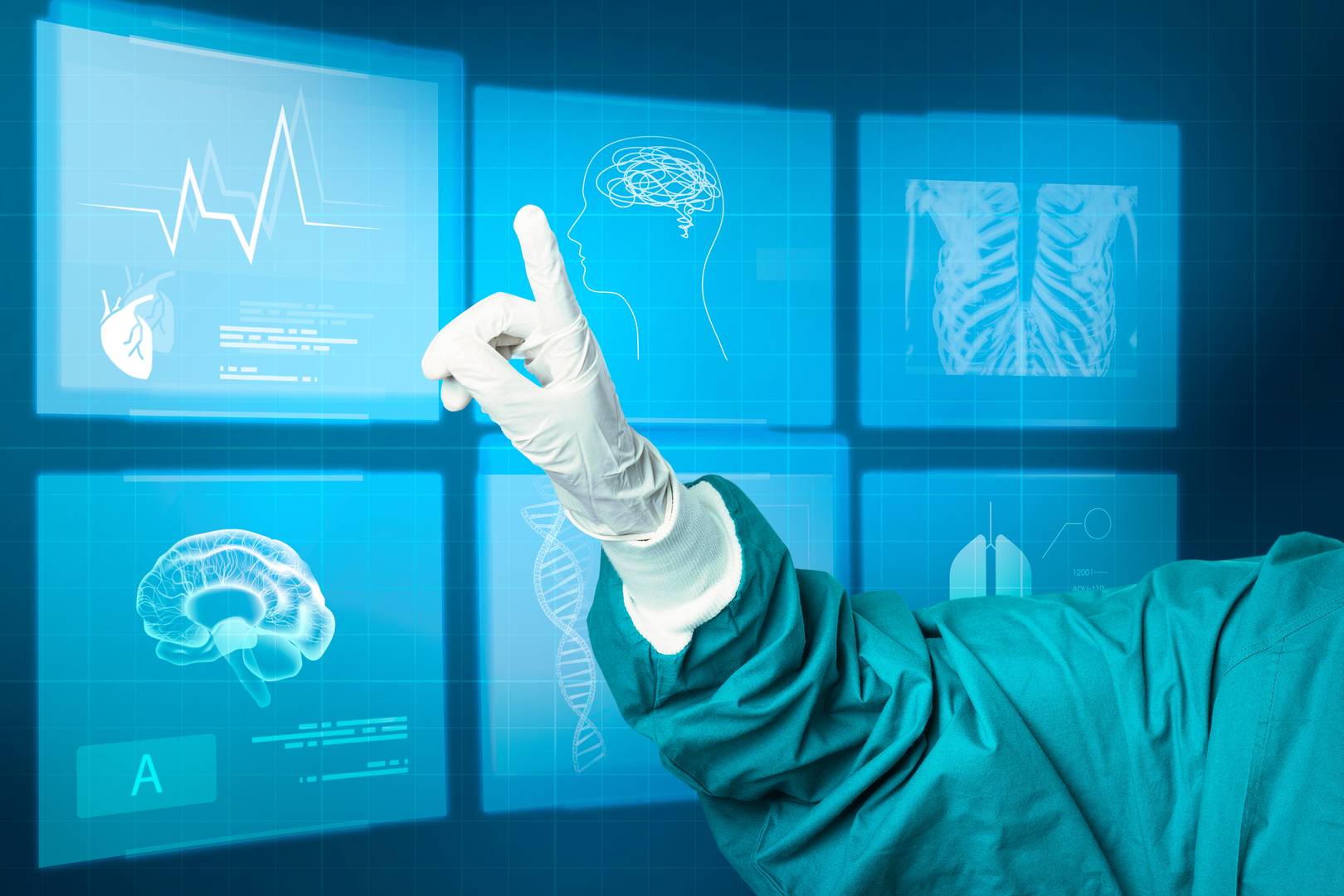Artificial Intelligence is making a significant impact on the healthcare industry. From using AI in surgery to improving the efficiency of hospitals, AI is being used in several ways. Read more here.
The healthcare industry is ripe with opportunities for Artificial Intelligence. In the last decade, there has been a steep rise in the use of AI in different wings of the healthcare industry. Many large companies have hopped on the neural network bandwagon and have invested millions of dollars in developing AI systems.
Whether it is for image recognition, image classification, or even to try and create the most intelligent system possible, let’s check out how AI can shape the healthcare industry.
Artificial Intelligence in Healthcare
- Improve Patient Safety
The healthcare industry is huge and complicated. There are many different types of people involved in providing care. They each have their specialties.
Even a simple process could consist of several steps with endless possibilities for mix-ups. These can lead to severe consequences for patients. A minor deviation in procedure data or a mistaken patient name can threaten a person’s life.
AI can help reduce these risks by automating some processes. For example, when someone uses a computerized system for scheduling treatments with doctors, the system can easily carry on any further updates to the data without the need for human intervention.
This ensures that patients don’t have to worry about delays or their data being mismatched with other patient records. Also, primary care physicians will significantly benefit from hassle-free record maintenance.
- Enhance Diagnosis and Doctors’ Productivity
Doctors need access to a lot of data while diagnosing a patient. This is necessary to take a holistic approach to treat any health condition. An AI system here can swiftly and effectively analyze massive amounts of data. Combining data with Machine Learning can even lead to fruitful insights.
Machine learning algorithms are fed with models and rules. These rules and sample data “train” the ML and allow them to “learn” from their experiences with past examples or observations. ML models keep on learning and can begin making predictions about possible future events. They make these predictions based on the history and patterns observed in training data and no human intervention is required.
ML systems need their models to be periodically fine-tuned to provide more accurate predictions. Model deployment for such systems can be done by using tools that aid in the process. For instance, you can test a model on previously unseen data. It can help to make sure that it’s making accurate predictions.
These tools support open-source ML frameworks like TensorFlow to create, deploy, and monitor models.
It means medical records collected over time from different patients become valuable sources for machine learning algorithms.
Each case represents another opportunity for researchers working within these research departments. Because they know how to use these tools to understand how diseases affect humans differently across various age groups. So, there’s less guesswork involved when interpreting results.
Following that, examinations can be carried out on groups of people who are being studied for particular treatments.
- Provide More Precise Treatment
As a healthcare professional, you know that the best treatment decisions are based on careful analysis and research. But how can AI help you make better recommendations?
AI can provide more precise treatment recommendations using machine learning to analyze patient information and other data from various sources. It matches previous patient interactions and their current conditions or symptoms.
It also knows what else is happening in the world. For example, how many new drugs were approved last week? It will use this information when evaluating future cases. These advanced analytics will allow doctors to recommend treatments for specific conditions more accurately than ever.
- Potential to Improve Mental Health and Addiction Services
Artificial intelligence is also being used in mental health services. Using AI to provide personalized treatment can improve outcomes for those with mental illness.
For example, suppose a doctor knows you have a history of anxiety or depression, but do not have any other conditions that may be contributing to your symptoms. In that case, they might prescribe an anti-anxiety medication instead of antidepressants or counseling sessions.
People who receive medication prescribed by an algorithm tend to experience fewer side effects. It could lead to improved outcomes. In addition, algorithms allow doctors to access vital information about their patients’ backgrounds. Such as whether they have been exposed to trauma in childhood. They wouldn’t otherwise know unless asked directly by another human being.
- Help in Robotic Surgeries
Artificial intelligence can help in robotic surgeries. In a typical surgery, for example, a surgeon uses X-rays and ultrasound to view the area where they will operate. The surgeon then makes tiny incisions with their hands or instruments to access the site.
This process is repeated until all areas of concern have been removed and replaced with new tissue. It means that surgeons must repeat this process until everything has been cleared. AI can help doctors make a better diagnosis by allowing them to access information faster than they could otherwise.
The speed with which AI systems can process information means they can do complex things. For example, they can recognize patterns in images and identify objects within them.
It means that patients do not have to wait for a doctor or technician to come into the room and manually check everything inside an x-ray before determining the disease.
Final Thoughts
Artificial intelligence can improve many healthcare areas. That includes patient safety, diagnosis accuracy, and treatment recommendations. It can also help doctors be more productive by using AI to automate specific tasks.
With AI and ML combined, human effort and creativity can be directed more towards innovation and solving more complex challenges. Humans can free themselves from having to perform high-risk jobs on fields and opt for safer workplaces. AI can be used for the benefit of mankind, leaving repetitive and high-risk jobs to the machines.










